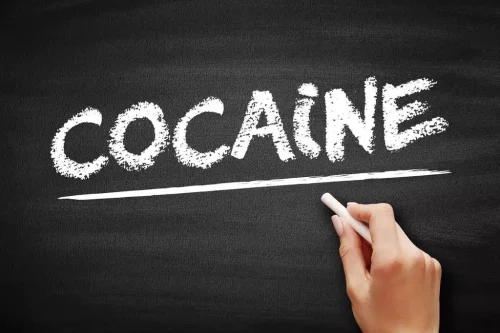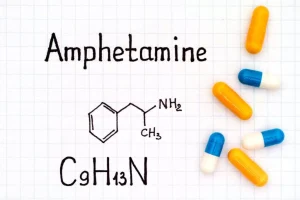
This continued involvement can reduce the risk of relapse by reminding individuals of their commitment to sobriety and providing tools to manage triggers effectively. Denial acts as a barrier to seeking help and can significantly impede recovery. Many may remain in a precontemplative state, defensive about their drinking habits, until what is Oxford House faced with significant life events.

Detoxification and Initial Treatment Strategies
Sobriety is a lifelong journey, but with consistency and purpose, it becomes a sustainable, rewarding lifestyle. No, the 12 Steps of Alcoholics Anonymous are a spiritual program, not a religious one. Many AA members have achieved lasting sobriety by focusing on spiritual principles rather than specific beliefs. Step 11 invites us to deepen our spiritual connection through regular prayer and meditation. This step isn’t about rigid rituals but about intentionally seeking guidance and clarity from God as we understand Him.
Celebrating Independence: Recognizing Your Progress

Recognizing this is crucial for starting your recovery and getting the support you need. Empower change with effective strategies to address alcohol and underage drinking. This article outlines ten effective strategies to avoid drug addiction, ensuring a healthier and more fulfilling life. To learn more about Alcoholics Anonymous, read why it still works all these years after its creation.
What Is the Purpose of Step 1 of AA?
These non-profit and government-backed organizations offer support, treatment, and resources for individuals seeking sobriety. Factors influencing recovery duration include the severity of addiction, mental health conditions, social support, and engagement in therapy or peer support groups. While timelines vary, consistent aftercare and relapse prevention strategies significantly improve long-term recovery outcomes. A personalized treatment plan, including therapy, medications, and participation in support groups such as Alcoholics Anonymous (AA), can lay the groundwork what is the first step in an alcoholics recovery for lasting change.

Breaking Down Step One of AA Alcoholics Anonymous
- We are committed to healing everyone who enters our doors from the inside out.
- The AA Big Book also includes the 12 Steps of AA to provide guidance and support to people looking to achieve and maintain sobriety through the AA fellowship.
- Journaling allows us to reflect on moments of temptation, unmanageability, and progress.
- Recovery shifts from avoiding alcohol to actively creating a meaningful, purpose-driven life.
Attending AA meetings near Alabama or AA meetings in Florida allows individuals to immerse themselves in a community that empowers recovery. Proximity is pivotal; local meetings remove barriers, making it easier to commit to routine attendance, thereby reinforcing recovery efforts. Building these local networks becomes a lifeline, providing a foundation for resilience and sustained sobriety. Building a strong support network through sobriety support groups and community resources provides essential reinforcement during these turbulent times. The early days of sobriety often involve confronting emotions previously numbed by alcohol.


